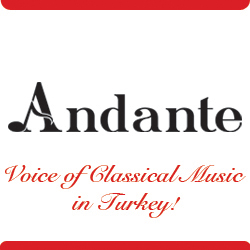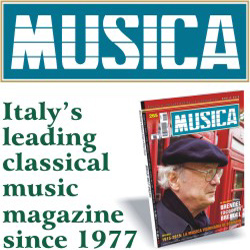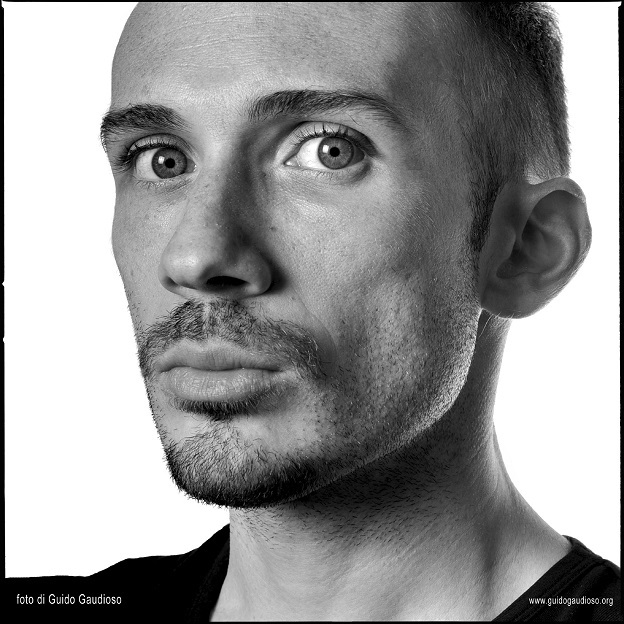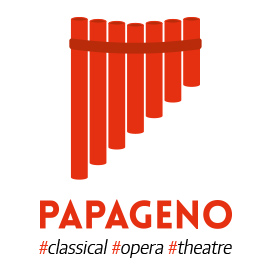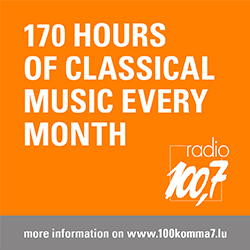Italian Orazio Sciortino (*Syracuse, 1984) has been chosen by the jury of the International Classical Music Awards (ICMA) for their annual Composer Award. He is a musician with a wide-ranging catalog and an intense dedication to the interpretation of the classical repertoire as a pianist. Ismael G. Cabral from the Spanish ICMA Jury member Scherzo made the following interview.
At what point in your career does this ICMA award come to you?
It’s not easy to have a perception of yourself, of the road you have traveled. I think I might be able to answer that question in 20 years, or maybe more. I will be 40 years old, and that is a round and relevant number at which it might make sense to take stock. I have composed a lot of chamber, symphonic and vocal music. And when I look at my older works, I see that my language has evolved. However, there are some characteristics that have been maintained and even developed. I could say that I am in a constant search, both as a pianist and as a composer, always taking on new projects and challenges.
The jury said about you that you « reflect the ideal figure of a composer of the 21st century, whose talent transcends the ideological limitations of the past ». How would you interpret this statement?
When I read the words you quoted, I got a little emotional and it gave me food for thought. There have been times in history when contemporary music followed precise guidelines and many, many composers felt the need to say something new. This often translated into abstract formulas, with almost scientific research, dogmatic approaches that had nothing to do with the physical, corporeal experience of listening. Some people still think that way. On the contrary, I think it is important to listen to the world. I’m not interested in style labels: tonal, minimalist, serial, etc. There are many great creators who use all kinds of resources. I think, for example, of one of the most important composers of our time, Peter Eötvös, who died recently. His music was always very communicative. And he used all the ingredients he had at his disposal, all the compositional techniques he had at his disposal, to create a work that was always powerful and original. And as a result, he was able to reach the listener directly, not just to please the musician’s intellect. It does not require any previous musicological study to be enjoyed.
You have also developed an intense activity as a pianist of the classical repertoire. In the same line, you have made several transcriptions of scores from past centuries. How do you relate your own music to the works of the past that you perform?
I have written many pieces for solo piano, and in fact many of them are arrangements for piano or paraphrases of themes written by other composers. It is certainly a privileged way to explore the past, to metabolize a style, a musical language. From this point of view, I think I belong to the generation of pianist-composers like Liszt, Busoni, Bartók and Thomas Adès. In some of my piano works, I have sometimes used only a few suggestions from the past (for example, Pergolesi’s Sur le tombeau is a tribute to the keyboard gestures of the 17th and 18th centuries). In other pieces, such as Skriabin’s Poème d l’extase, I used the original materials of the referenced score and reassembled them as if it were a Skriabin sonata.
What are your references in Italian academic music?
That’s not easy to answer. From the beginning of my composition studies, I have tried to feed on different stimuli and influences, not necessarily Italian. I studied with Fabio Vacchi, a great composer from whom I learned a lot about orchestration, and perhaps my first pieces were influenced by his music. But that phase did not last long. In general, I don’t think that Italian creators had much influence on me.
Neither did Salvatore Sciarrino, a great inspiration for so many of his colleagues.
Sciarrino is one of the most popular and important Italian composers. I have a lot of respect for his work.
Which works in your catalog best define your style? I think of those who have not yet had the opportunity to hear your music.
I think the most representative works are the most recent ones. For example, Grande Bagattella, a piece for orchestra, very ironic, in which tonal gestures, very recognizable, appear as characters in a theatrical action. Another piece that I consider valuable is Aiora, also for orchestra, inspired by a Greek Dionysian ritual. Finally, I must mention La Gattomachia, a musical fairy tale for narrator, violin and string orchestra, written not only for children, but also for adults who want to be children again for a while. This is undoubtedly my most performed work to date, with more than 30 performances.
What are you working on now?
In 2025 I will premiere two new works for orchestra and I am working on an opera project, but I can’t tell you more about it yet.


